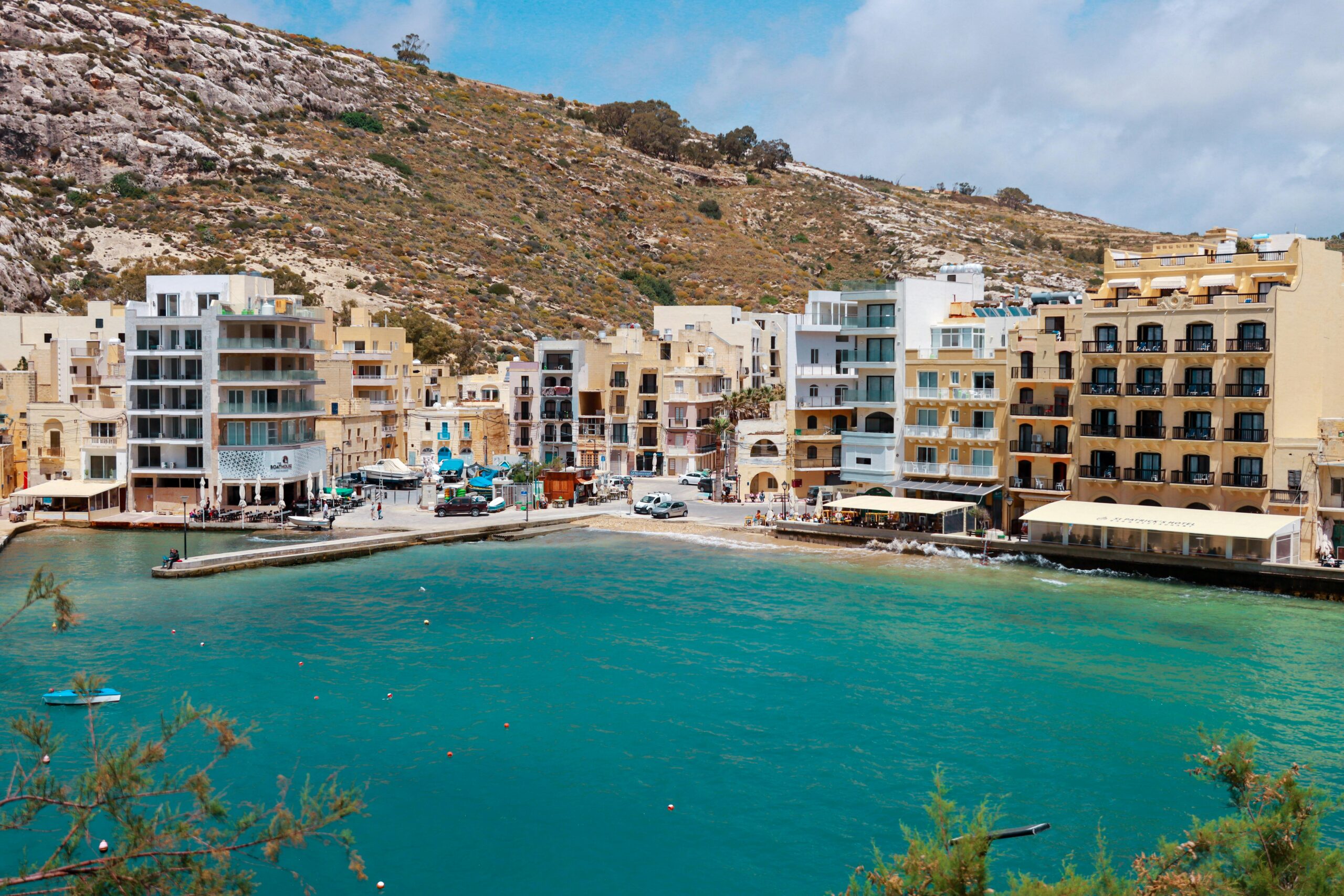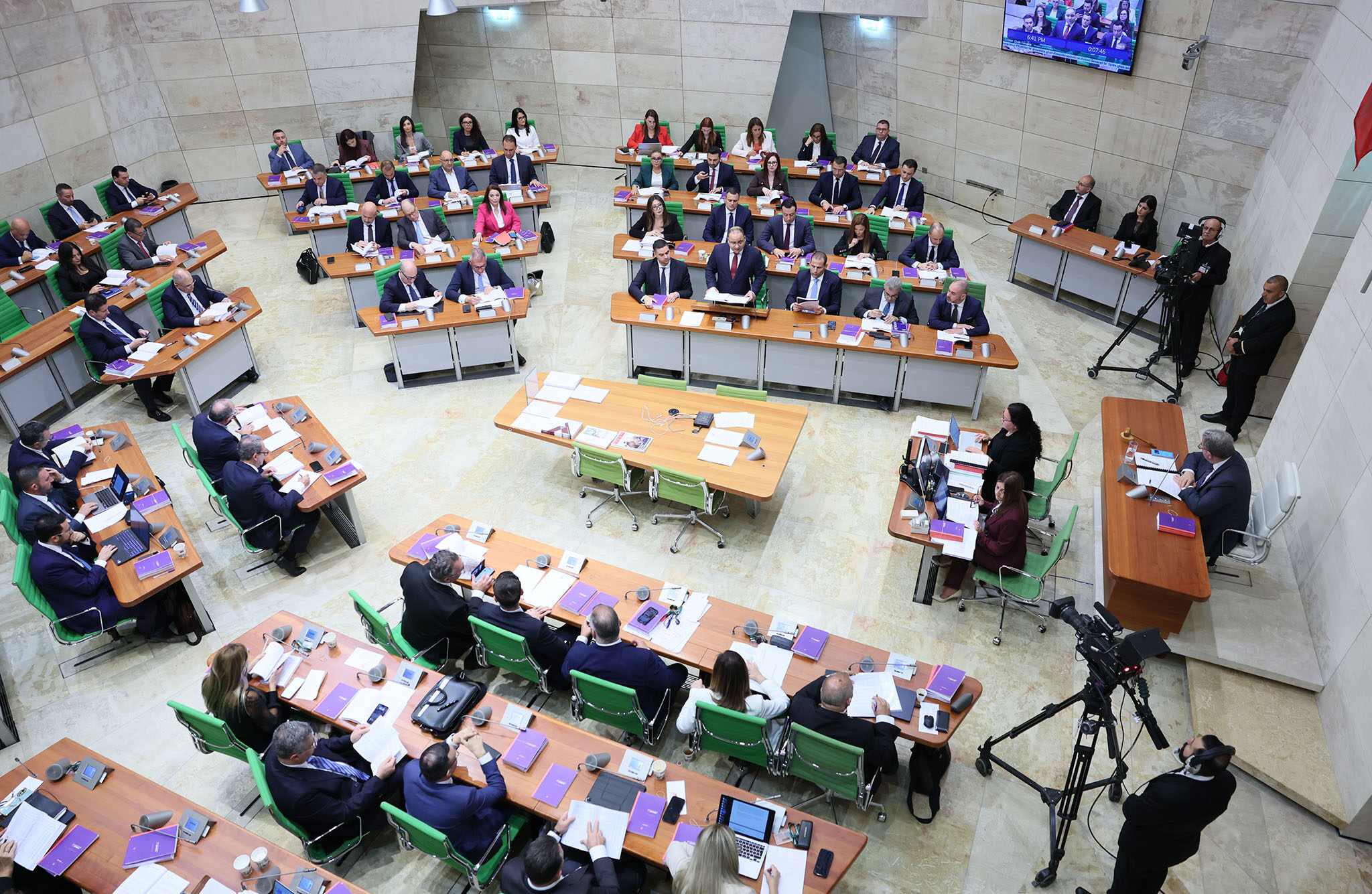The number of tertiary-level graduates in 2020 dropped by five per cent over the previous year, according to figures released by the National Statistics Office (NSO).
In all, 4,629 graduated last year, the NSO said on Wednesday.
The largest share of tertiary graduates (55.5 per cent) attained a Bachelor’s degree (ISCED level six), while 35.8 per cent read for a Master’s degree (ISCED level 7).
More than half – 56 per cent – were women, while the absolute majority – 61.1 per cent – were aged between 20 and 24.
Business, administration and law were the most common areas of study, accounting for more than one-third of the total.
The figures will no doubt be of concern to businesses already having to deal with a skilled-labour shortage.
According to the EY Malta Attractiveness Survey that was published in October, only 31 per cent of businesses are managing to find workers with the skills they need, down from 38 per cent in 2020.
And the issue is further exacerbated by the fact that, according to the same survey, 60 per cent of young people in Malta would rather live and work in another European country.
Pro-family budgets across Europe raise support, but not birth rates
Policymakers across Europe are learning that fiscal policy alone cannot fully restore confidence in starting or growing a family
Gozitan stakeholders welcome Budget support, raise calls for ring-fenced funds and long-term planning
Budget described as 'a socially oriented one, but which also continues to incentivise businesses to move forward'
Business groups welcome Budget 2026 but urge focus on productivity, skills and governance
Reactions to the budget from various stakeholders have started rolling in






